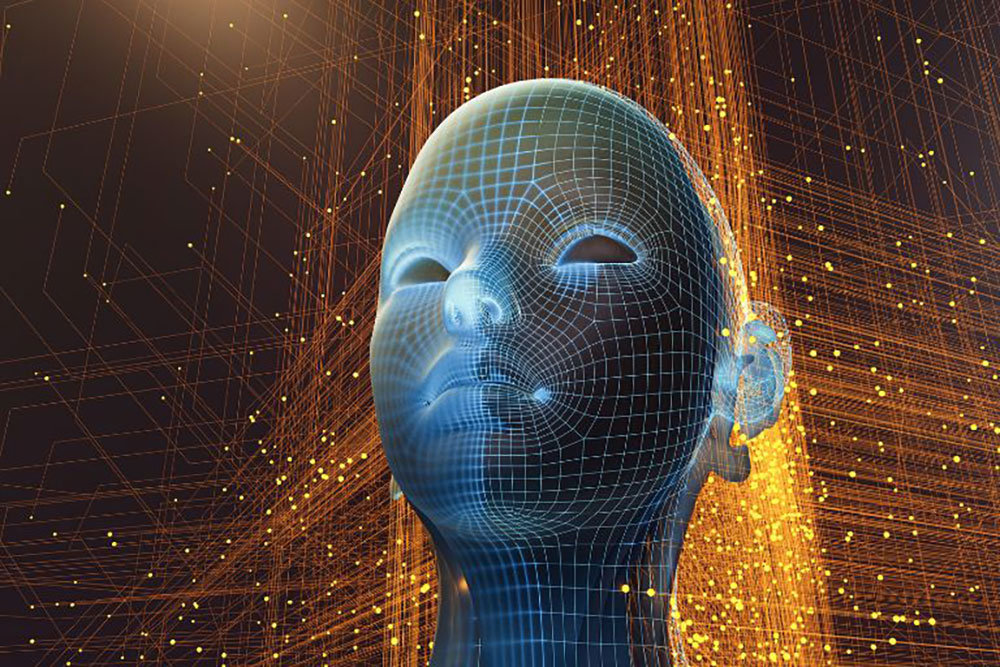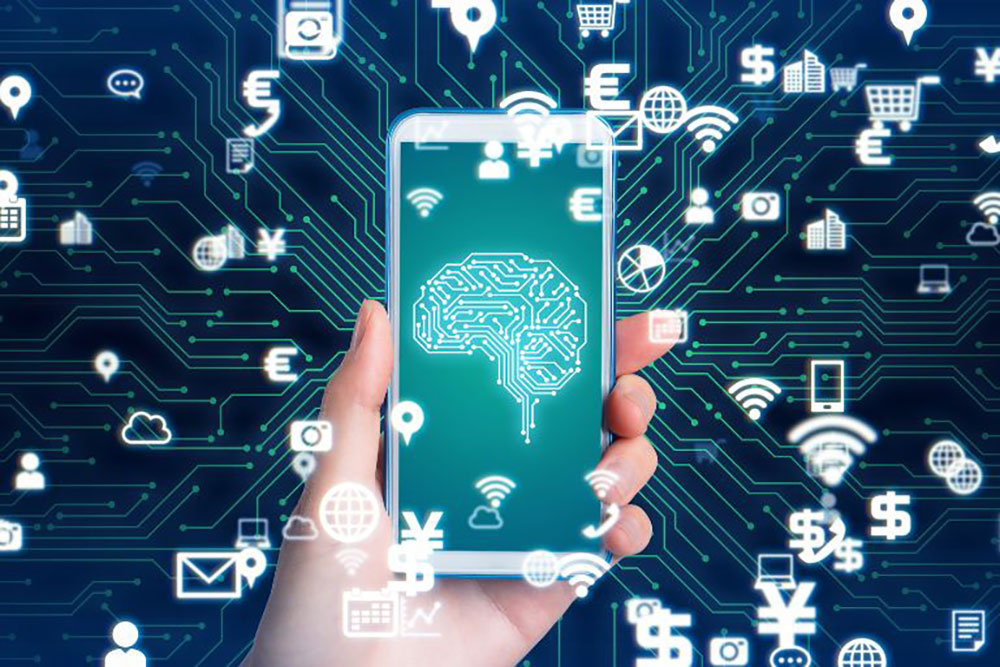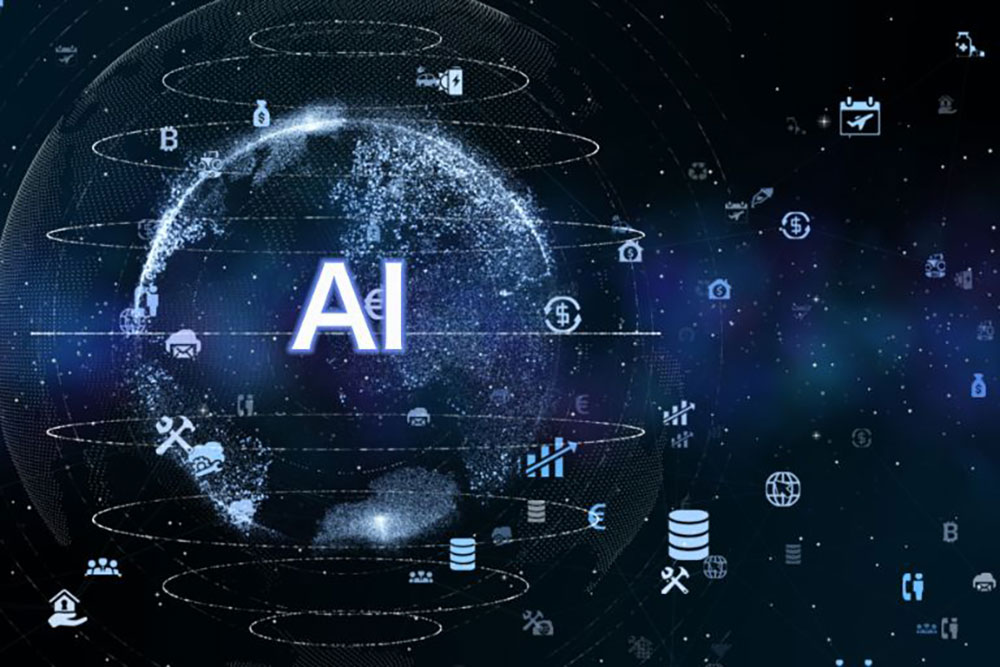Artificial Intelligence (AI) continues to evolve at a rapid pace, shaping industries and transforming how we interact with technology. As we enter 2025, AI development is expected to reach new heights, with advancements in machine learning, automation, and ethical considerations. This article explores the key AI trends that will define the future, offering insights into the direction AI is headed.
1. Advancements in Generative AI
Generative AI has seen massive progress in recent years, with tools like ChatGPT and DALL·E revolutionizing content creation. In 2025, we can expect even more sophisticated AI models that generate highly realistic text, images, videos, and even music. These advancements will improve productivity across industries, from marketing to entertainment, and enhance user experiences in digital interactions.
2. AI-Powered Automation and Workforce Transformation
Automation driven by AI will continue to reshape the workforce. Industries such as manufacturing, healthcare, and customer service will leverage AI to optimize workflows, reduce costs, and enhance efficiency. While this transformation will bring new job opportunities in AI development and maintenance, it may also lead to challenges in workforce adaptation, necessitating upskilling and reskilling programs.

3. AI in Healthcare and Biotechnology
Healthcare is one of the biggest beneficiaries of AI advancements. In 2025, AI is expected to play a crucial role in personalized medicine, early disease detection, and drug discovery. AI-driven diagnostic tools will improve accuracy and speed, while robotic-assisted surgeries will become more precise. Moreover, AI models will enhance mental health support through AI-powered chatbots and virtual therapists.
4. The Rise of Ethical AI and Regulation
As AI becomes more integrated into daily life, ethical concerns such as bias, privacy, and transparency will take center stage. Governments and organizations will establish stricter regulations to ensure responsible AI development. Explainable AI (XAI) will gain traction, allowing users to understand AI decisions and fostering trust in AI applications.
5. AI in Cybersecurity and Fraud Detection
With cyber threats becoming more sophisticated, AI will play a crucial role in cybersecurity. AI-powered systems will detect and prevent cyberattacks in real-time, reducing vulnerabilities in digital infrastructures. Financial institutions will also leverage AI to identify fraudulent transactions and enhance security measures.

6. AI and the Internet of Things (IoT)
The combination of AI and IoT will create smarter, more efficient ecosystems. AI-driven IoT devices will improve home automation, smart cities, and industrial monitoring. Predictive maintenance powered by AI will help businesses reduce operational downtime, ensuring smoother workflows.
7. AI and Human-AI Collaboration
Instead of replacing humans, AI will act as an intelligent assistant, augmenting human capabilities. AI-driven tools will enhance creativity, decision-making, and problem-solving, leading to a more collaborative environment between humans and machines. This shift will be particularly evident in areas such as research, software development, and creative industries.
Conclusion
AI in 2025 will be more powerful, ethical, and deeply embedded in our daily lives. As technology advances, businesses and individuals must adapt to these changes by embracing AI-driven solutions and addressing ethical concerns. The future of AI is not just about automation but about enhancing human potential and creating a more intelligent, connected world.
Reference






